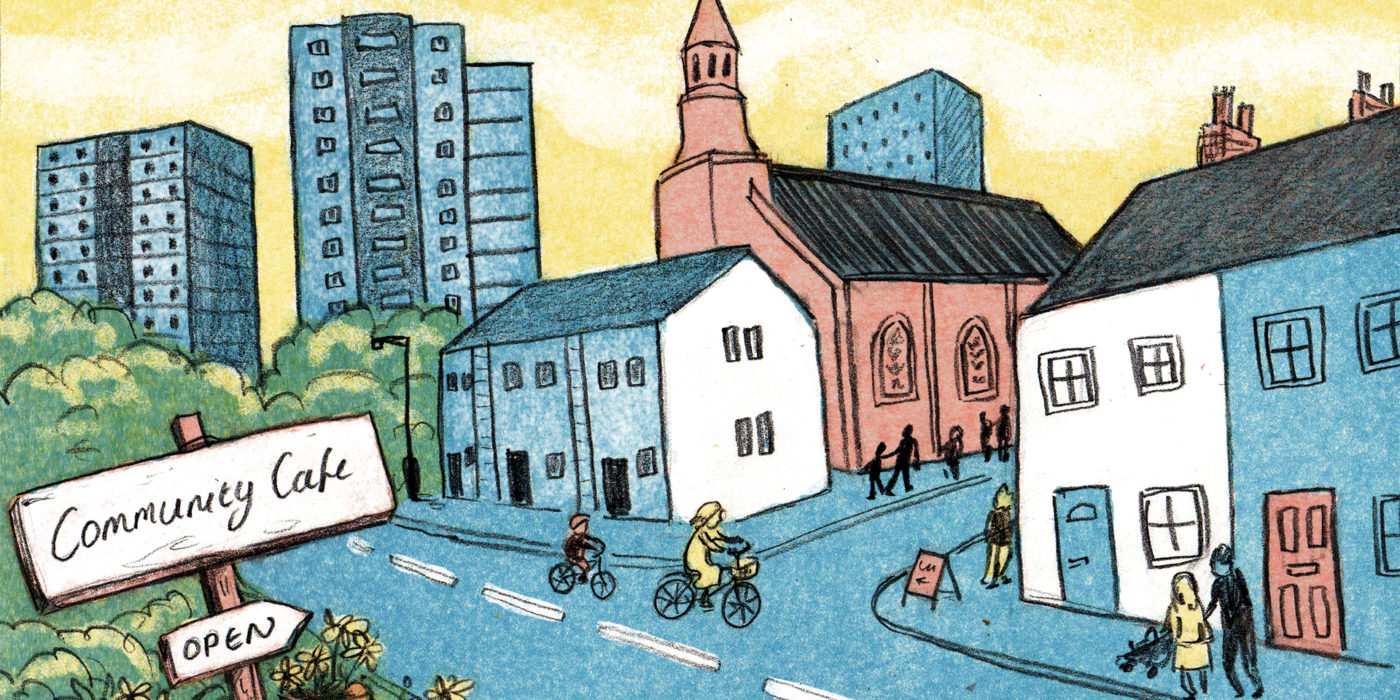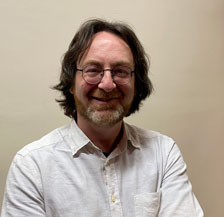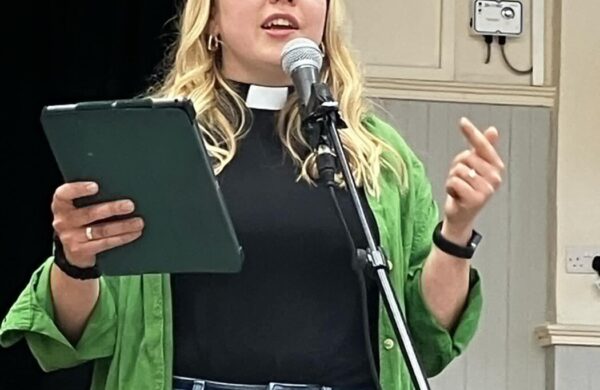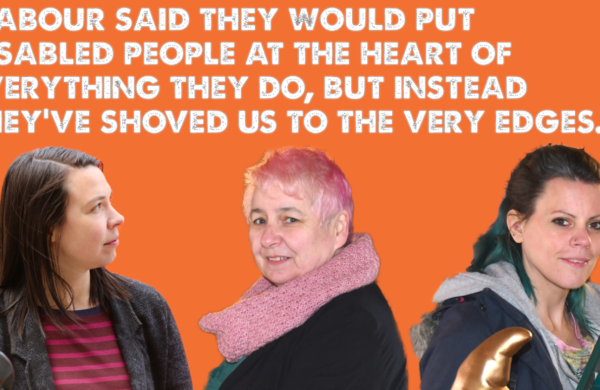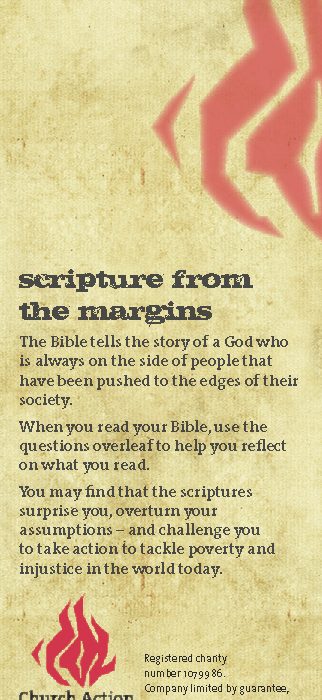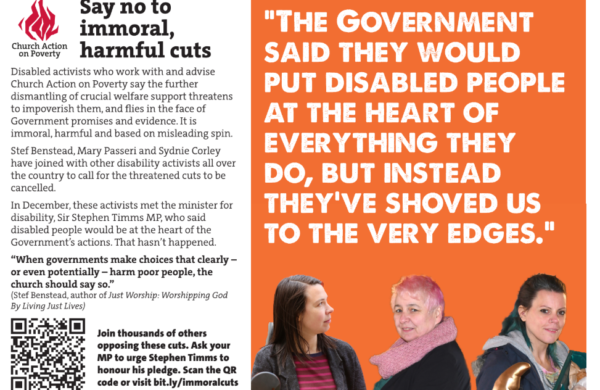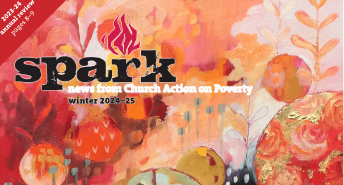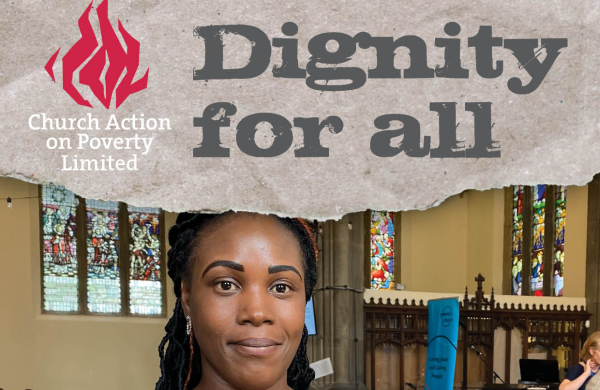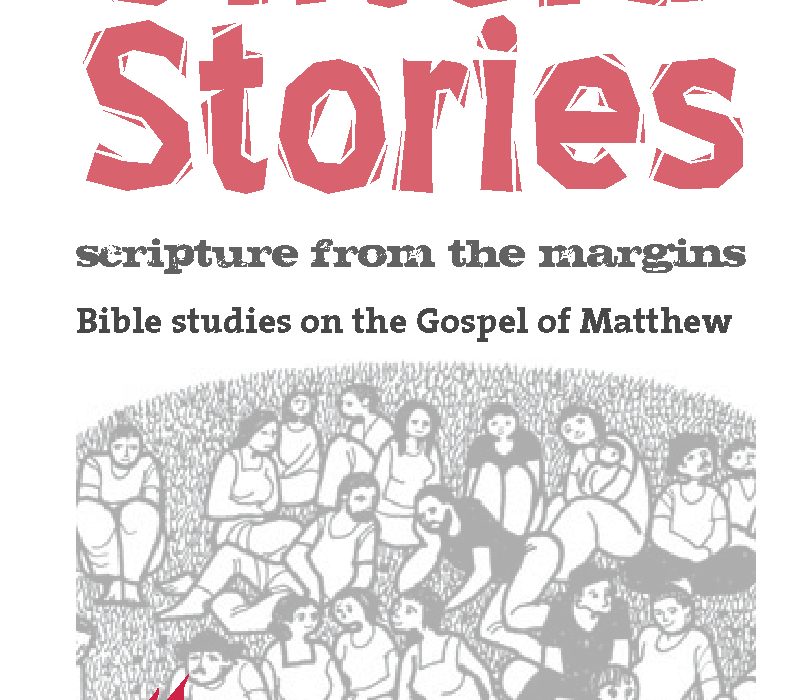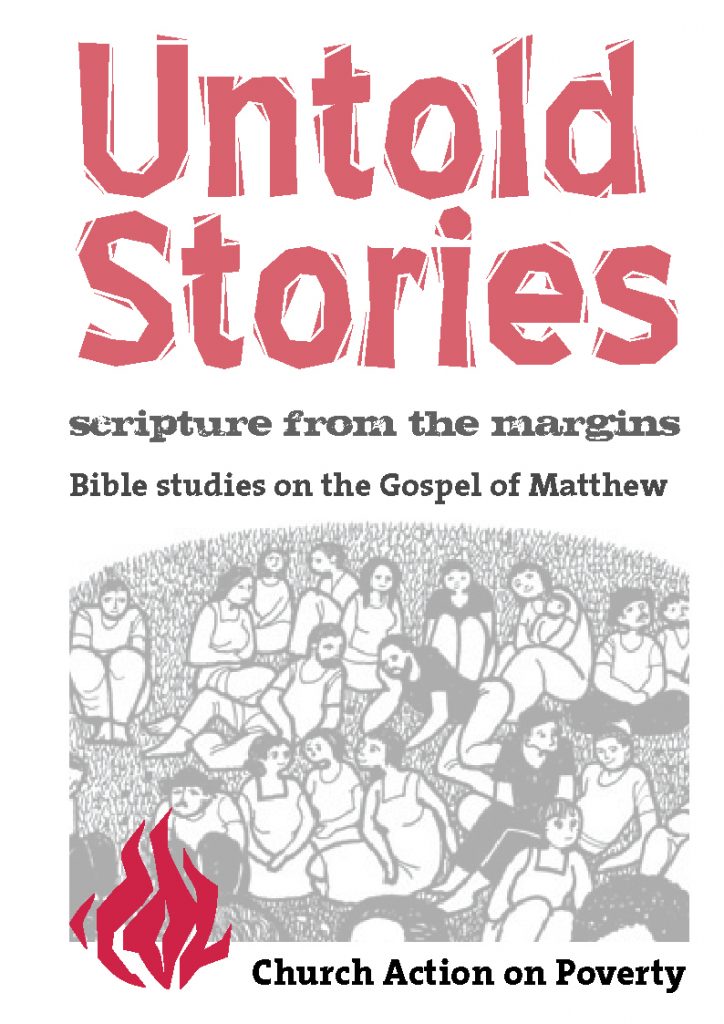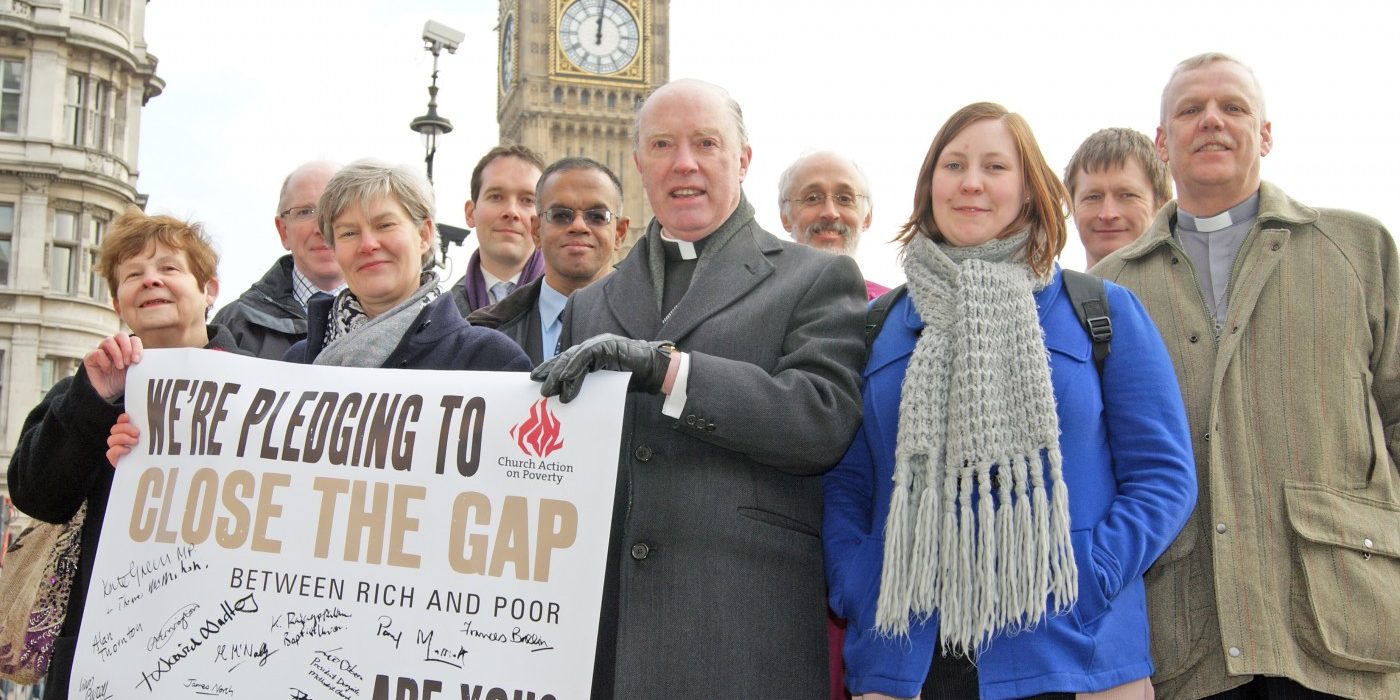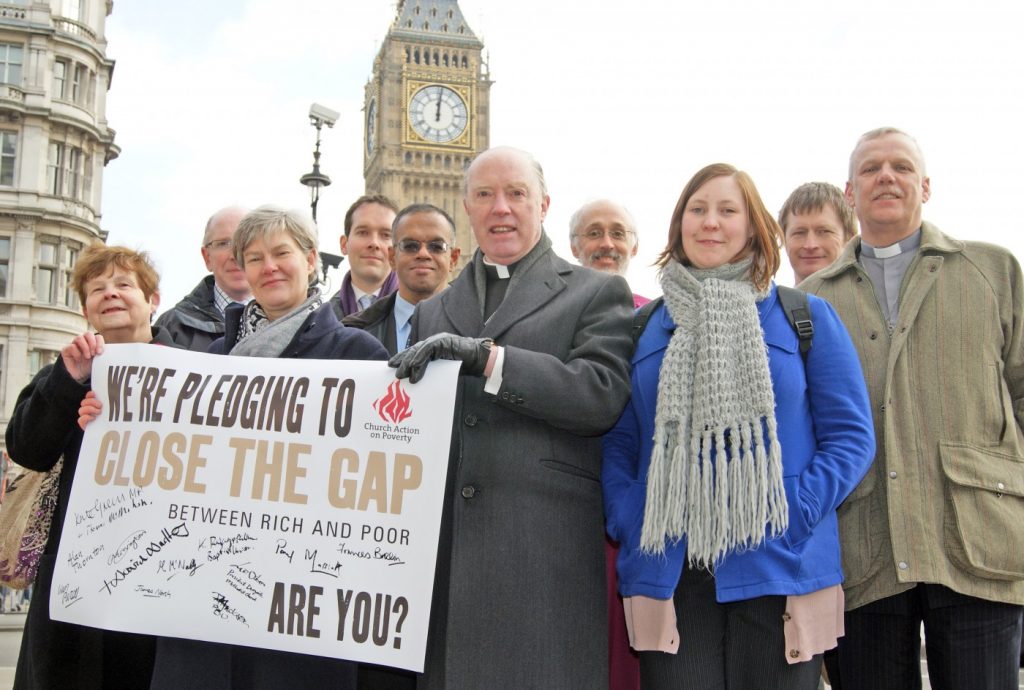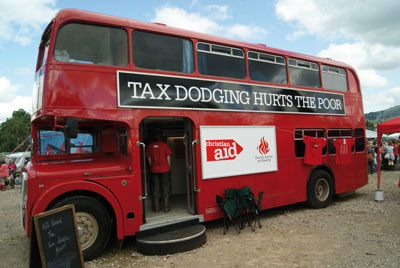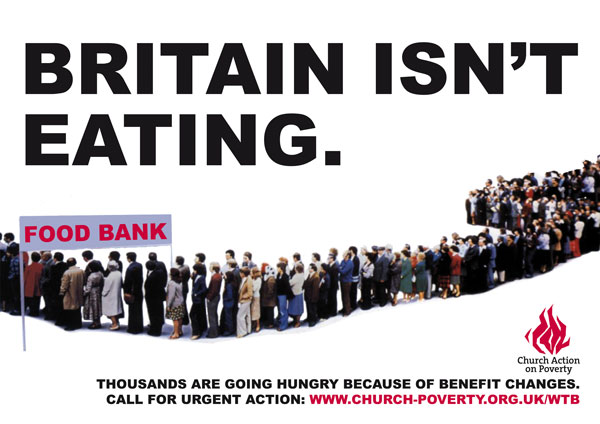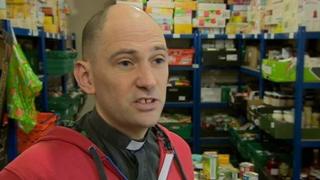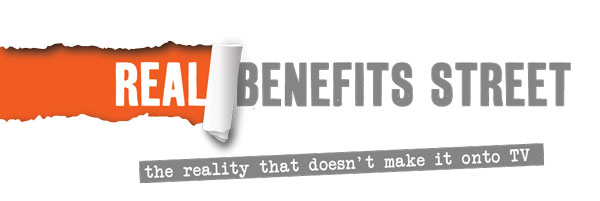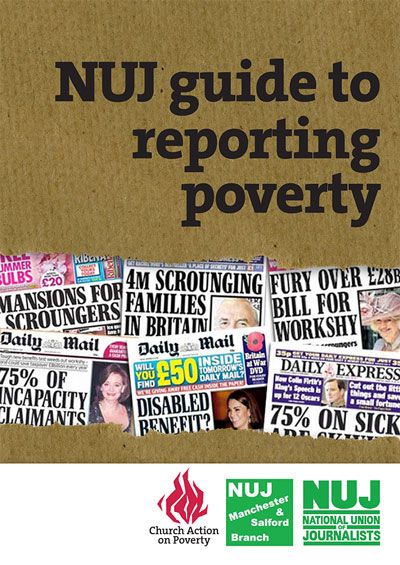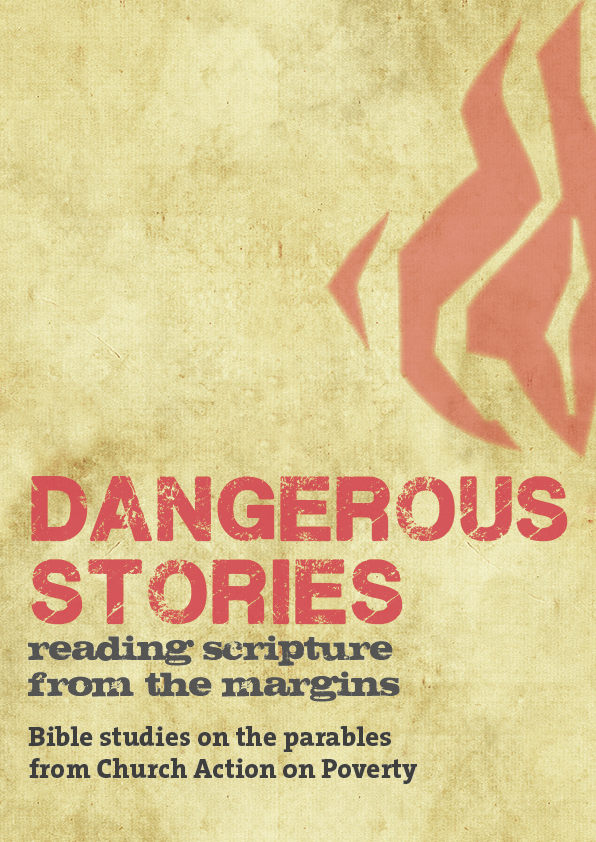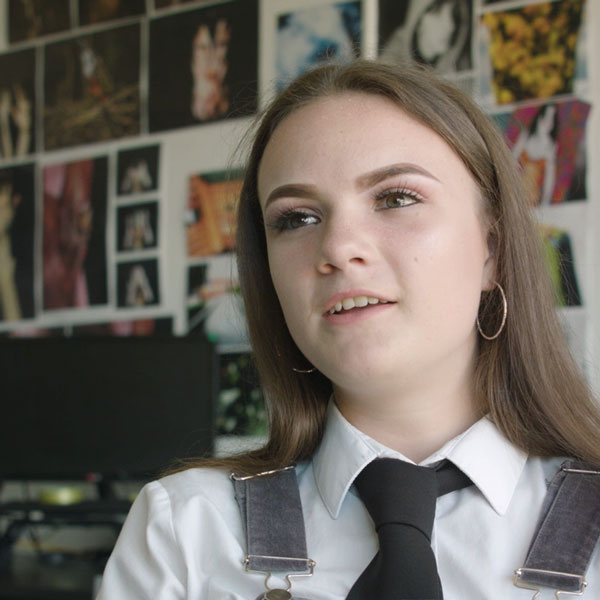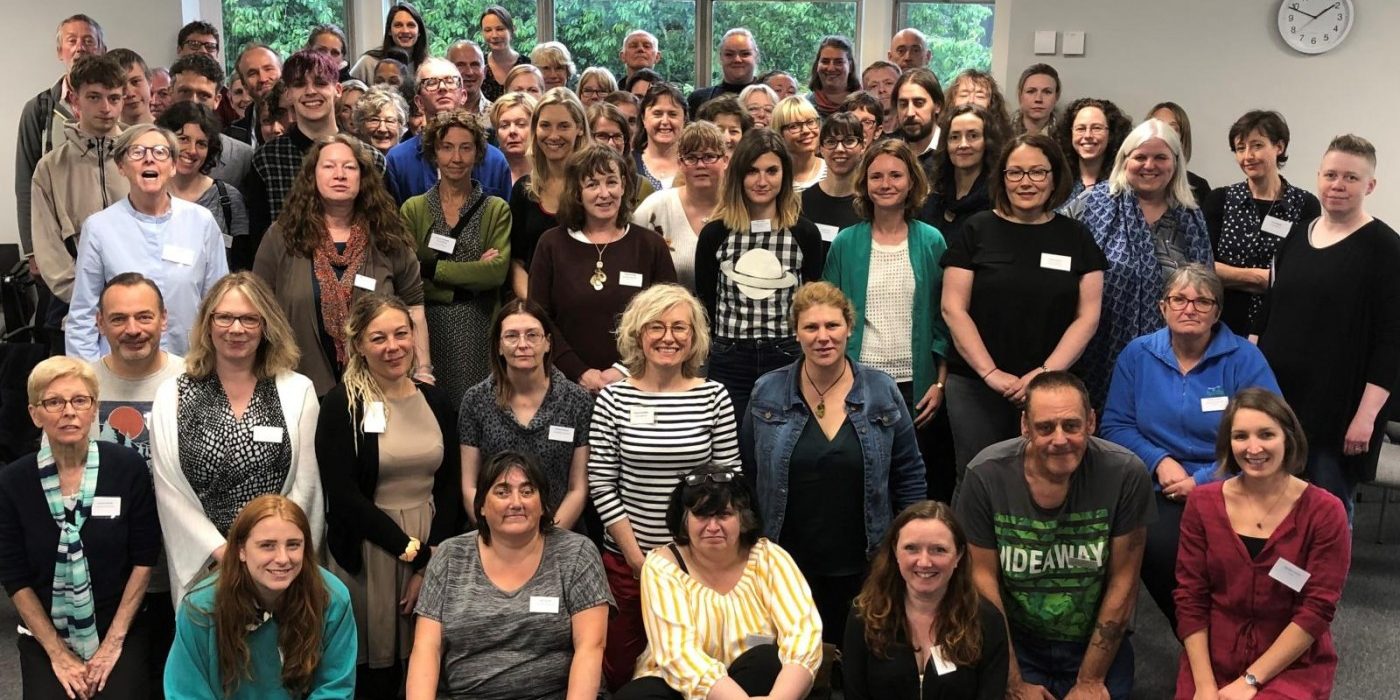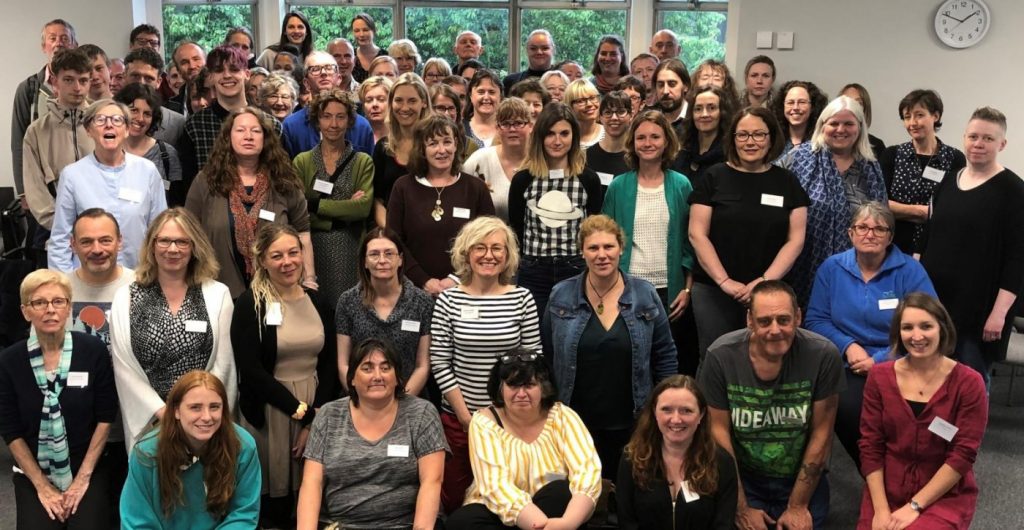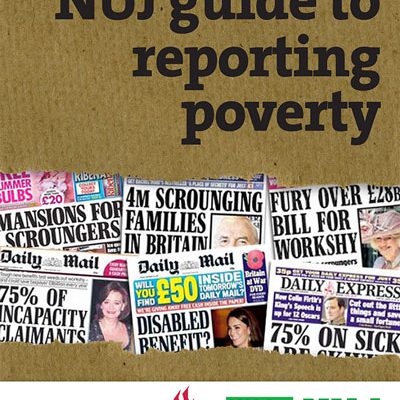Our partners at the 'Life on the Breadline' project are looking for PhD candidates to take part in their research. Details below.
Theology, poverty and the common good in ‘breadline Britain’: An analysis of Christian activism since the 2008 financial crash
Funded PhD Project (Students Worldwide)
Start date: September 2020
Wanted – exceptional doctoral candidates to undertake trailblazing, transformative research alongside outstanding early-career researchers.
Coventry University (CU) is inviting applications from suitably-qualified graduates for a fully-funded PhD studentship.
This doctoral (PhD) project has been devised and developed by a leading early-career researcher at Coventry University. The Trailblazer Scheme provides doctoral researchers with an innovative and dynamic intellectual space in which to undertake transformative research, whilst fully supported by a team of experienced supervisors.
Details of the PhD project
Following the 2008 financial crash inequality grew faster in the UK than in any other G7 nation. As the state has withdrawn during the ‘age of austerity’ Christian churches and NGOs have become key players in the struggle to defeat structural poverty. Whilst Christian engagement with food poverty, low pay, housing justice, child poverty and personal debt has been widely studied within the social sciences, there have been no empirically-based theological analyses of such anti-poverty activism until now. This Doctoral research project breaks new ground in political theology. Rooting theological analysis in detailed, multi-site primary research and benefiting from collaboration with experienced researchers from the ESRC-funded ‘Life on the Breadline’ project, the successful candidate will analyse the nature, scope and impact of Christian responses to UK poverty and the theological values that underpin such activism. This multidisciplinary Doctoral research will address issues that are of current academic and political importance. It will develop a theological analysis of faith-based activism that will generate impact within political theology and the social sciences and will generate new insights that will resource the practice of anti-poverty activists across the UK.
Benefits
The successful candidate will receive comprehensive research training including technical, personal and professional skills.
All researchers at Coventry University (from PhD to Professor) are part of the Doctoral College and Centre for Research Capability and Development, which provides support with high-quality training and career development activities.
The successful candidate will also benefit from participation in the Centre for Trust, Peace and Social Relations’ Doctoral Training Course, involvement in the Centre’s Faith and Peaceful Relations research group and involvement in Centre research seminars. The successful candidate will benefit from mentoring by and collaboration alongside experienced ‘Life on the Breadline’ social researchers and political theologians, including Dr Chris Shannahan, Professor Paul Weller and Dr Stephanie Denning.
Candidate specification
- A minimum of a 2:1 first degree in a relevant discipline/subject area with a minimum 60% mark in the project element or equivalent with a minimum 60% overall module average.
- A Masters’ degree in a relevant subject, or equivalent professional experience would be desirable PLUS the potential to engage in innovative research and to complete the PhD within 3.5 years
- a minimum of English language proficiency (IELTS overall minimum score of 7.0 with a minimum of 6.5 in each component)
Click here for further details
Additional items for candidate specification
- An understanding of key themes within political theology
- A familiarity with faith-based anti-poverty activism
- An interest in the use of qualitative social research methods
- A willingness to undertake fieldwork alongside faith-based organisations
- A commitment to collaborative study
- A commitment to applied research that impacts on grassroots practitioners
How to apply
To find out more about the project please contact Dr Chris Shannahan.
All applications require full supporting documentation, a covering letter, plus a 2000-word supporting statement showing how the applicant’s expertise and interests are relevant to the project.
Funding notes
English-resident UK and EU students, or EU students moving to England for a PhD, who are not in receipt of Research Council funding or other direct government funding can apply to borrow up to £25,000 to help cover the cost of their PhD tuition fees.
Click here for more details.
- Tax-free stipend per annum, paid at UKRI rates
- Tuition fees (UK/EU/International)
- CTPSR Research development allowance of £1,000 per annum

